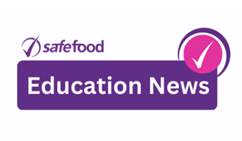Personal Hygiene
The most important way to prevent food poisoning is to wash your hands properly.
Personal hygiene is defined as:
- Keeping the body, including the hair and especially the hands, clean
- Avoiding poor personal hygiene habits
- Wearing clean, protective outer clothing and appropriate headgear
Why is personal hygiene important?
- It prevents food poisoning/contamination
- To comply with the law
- Appearance
When should hands be washed?
Before
- Starting work
- Handling food, especially if cooked or ready-to-eat, as the product will receive no further treatment to eradicate bacteria
- Changing from one job to another, e.g. between handling money and preparing food.
And after
- Using the toilet
- Handling raw meat
- Sneezing, coughing, blowing your nose
- Touching eyes, nose, face, hair, mouth, cuts
- Smoking, coffee/lunch breaks and cleaning duties
- Handling money or waste
Poor personal hygiene practices
- Smoking, coughing/sneezing over food, nail biting, nose picking and finger tasting are all poor personal hygiene practices.
- If a food worker has an open sore or cut, they must cover this with a brightly coloured plaster - the bright colour is easier to see if it falls into food.
- Food workers must report all instances of diarrhoea, vomiting and skin infections to a supervisor before returning to work and must not work while suffering from these symptoms. The employee must receive medical clearance before returning to work.




